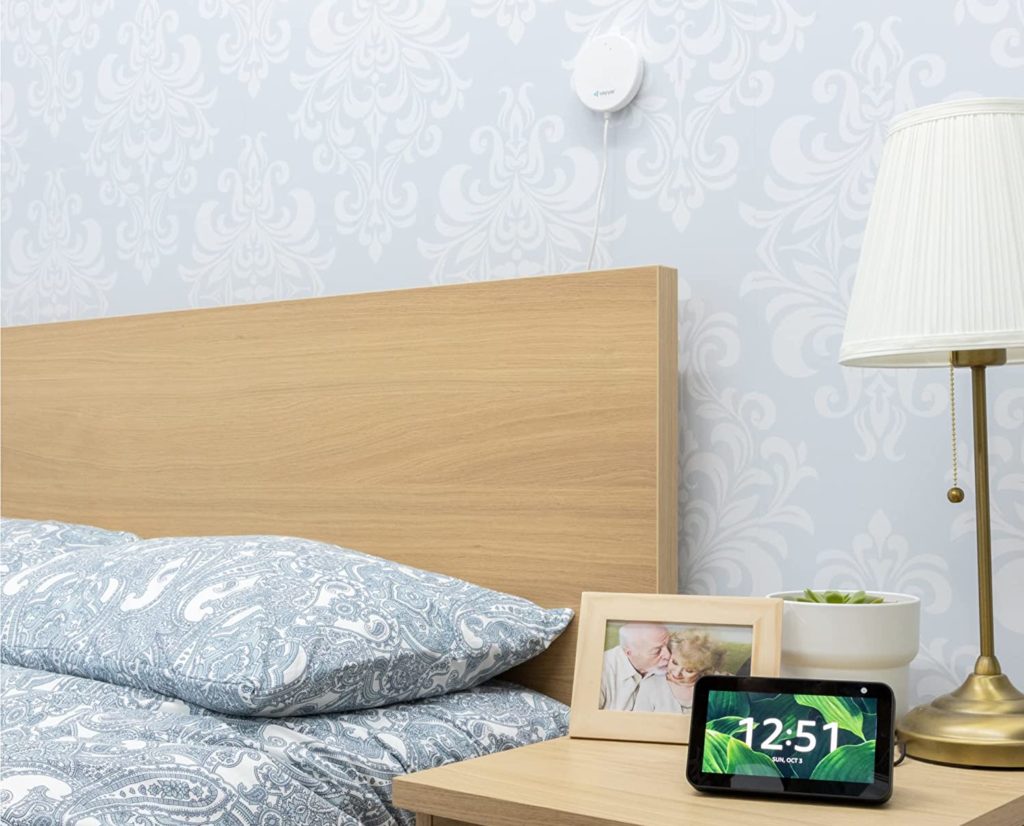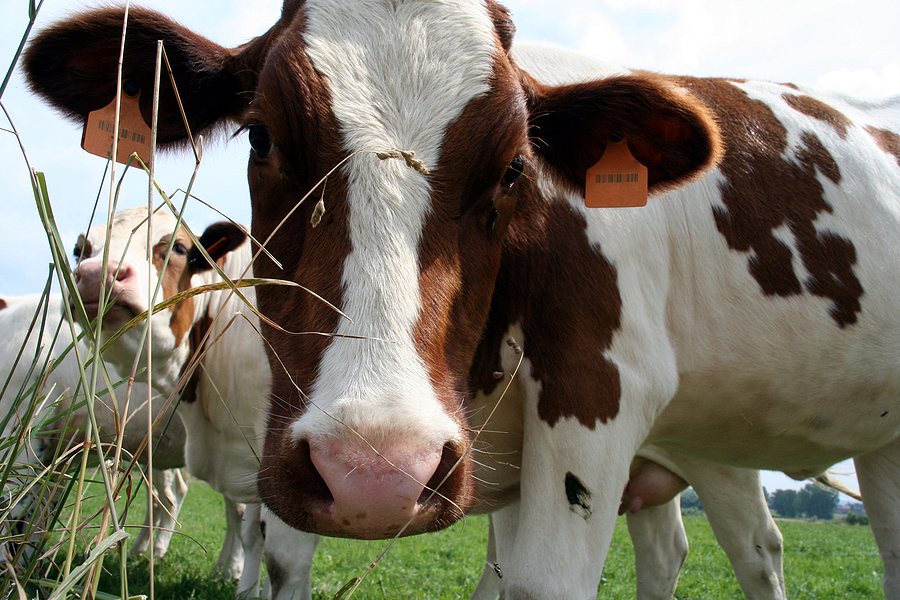Today’s show is our 350th episode, so we start off with a little bit of celebration before hitting half a dozen pieces of Amazon-related news, including the AWS outage that took out many smart home services, and a newly submitted FCC listing that could be a big deal for those needing a low-power wide-area network. Then we mention Amazon’s latest Halo device and the new Amazon Alexa Together service, which launched this week (it works with a radar sensor from Vayyar to monitor for falls). Then we talk about long-term support for FreeRTOS and an update bringing Alexa smart home capabilities to the FireTV platform. After all that time on Amazon, we then turn to some LiFi news and a bit on how LiFi could be adapted to become relevant for the IoT. Then, we celebrate again over Sonos’ plan to design its devices to last longer and be easily recycled when they reach the end of life. We also cover some slimy data practices by Life360, a big round of funding for IoT platform Afero, and a new Thread-capable device from Eve. Finally, we end by answering a listener question about smart smoke detectors.

This week’s guest is Phil Carter, director of managed print and IoT services at Lexmark, the printer giant. He’s on the show to share what Lexmark has learned through more than a decade of managing millions of connected printers around the world. He shares how the company built a predictive maintenance program, uses sensor data from printers to redesign new printers to handle common problems, and even discusses how connected devices help with Lexmark’s sustainability goals. Lexmark has taken its expertise and created its own IoT platform called Optra. Lexmark launched the first Optra service this year, and Carter talks about why Lexmark launched the platform and why it felt that a consulting element was essential for the platform. It’s a very practical interview for those trying to build and manage a bunch of connected devices.
Hosts: Stacey Higginbotham and Kevin Tofel
Guest: Phil Carter, director of managed print and IoT services at Lexmark
Sponsors: Twilio and Juniper Networks
- So much Amazon news from data center outages to new devices
- We’re really excited about how Sonos is designing gadgets for sustainability
- Boo. Life360 forces people to opt-out of allowing it to share location data
- Why Lexmark decided to launch an IoT platform of its own
- How connected printers can help reduce Lexmark’s environmental impact
Podcast: Play in new window | Download | Embed
Subscribe: RSS


